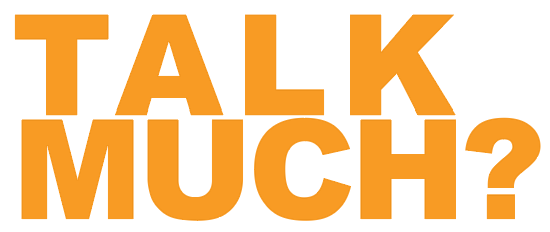Brick and mortar (also bricks and mortar or B&M) refers to a physical presence of an organization or business in a building or other structure. The term brick-and-mortar business is often used to refer to a company that possesses or leases retail shops, factory production facilities, or warehouses for its operations. More specifically, in the jargon of e-commerce businesses in the 2000s, brick-and-mortar businesses are companies that have a physical presence (e.g., a retail shop in a building) and offer face-to-face customer experiences.
This term is usually used to contrast with a transitory business or an Internet-only presence, such as fully online shops, which have no physical presence for shoppers to visit, talk with staff in person, touch and handle products and buy from the firm in person. However, such online businesses normally have non-public physical facilities from which they either run business operations (e.g., the company headquarters and back office facilities), and/or warehouses for storing and distributing products. Concerns such as foot traffic, shopfront visibility, and appealing interior design apply to brick-and-mortar businesses rather than online ones. An online-only business needs to have an attractive, well-designed website, a reliable e-commerce system for payment, a good delivery or shipping service and effective online marketing tactics to drive web traffic to the site. Governments are also adopting e-government approaches, which is the use of online services for citizens to enable them to fill in government forms, pay tax bills and register for government programs online; these services aim to cut bricks and mortar costs (building leasing/purchase and staff costs) and improve services to citizens (by offering 24/7 access to information and services).
